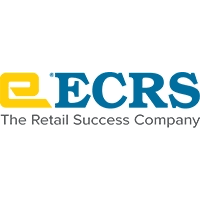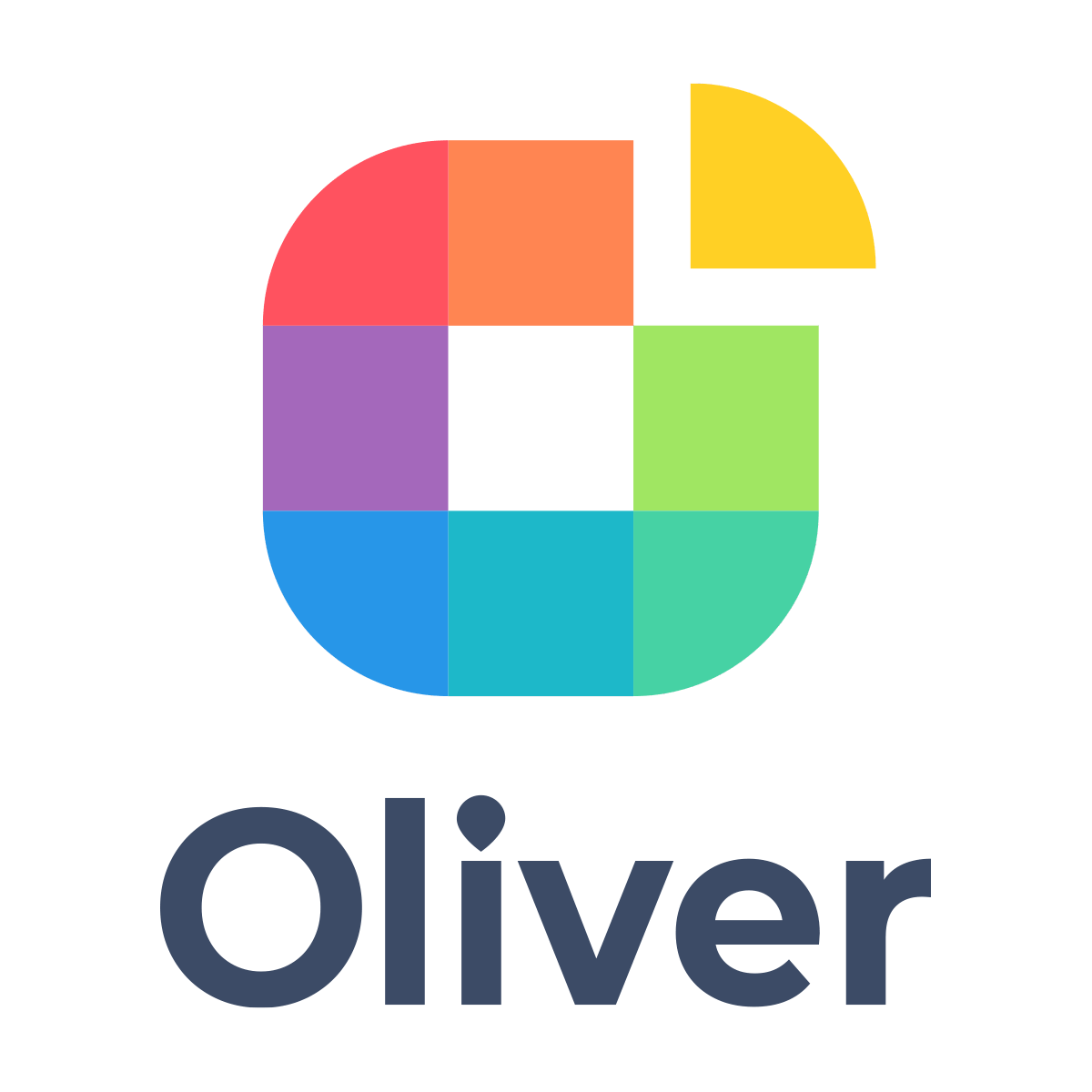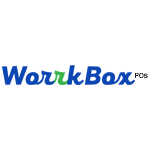Description

ECRS

Future POS
Comprehensive Overview: ECRS vs Future POS
ECRS and Future POS are two prominent players in the point-of-sale (POS) industry, providing technology solutions designed to streamline retail and hospitality operations. Here's a comprehensive overview of both:
a) Primary Functions and Target Markets
ECRS (ECR Software Corporation):
-
Primary Functions:
- ECRS offers a suite of solutions focused on retail automation, inventory management, point-of-sale, and customer engagement. Their flagship product, CATAPULT POS, is a versatile, all-in-one retail transaction system.
- Additional functions include self-checkout, fuel management, electronic payment processing, and mobile capabilities.
- ECRS emphasizes integration with back-office functions including inventory management, e-commerce, and loyalty programs.
-
Target Markets:
- ECRS primarily targets grocery stores, natural food stores, and convenience stores. They also cater to retail and wholesale operations looking for enterprise management solutions.
Future POS:
- Primary Functions:
- Future POS offers POS systems with a focus on the hospitality industry, providing features like order management, table management, employee scheduling, and customer loyalty programs.
- Their systems support various input methods, including touchscreen interfaces and mobile devices, and offer integrations for online ordering and reservations.
- Target Markets:
- The target markets for Future POS include restaurants, bars, hotels, and entertainment venues. They serve both independent operators and chain restaurants.
b) Market Share and User Base
-
ECRS:
- ECRS has a strong foothold in the grocery and convenience store sectors. While specific market share percentages can fluctuate, ECRS is known for its comprehensive approach to retail solutions, capturing a significant portion of the middle to high-tier market within its niche.
-
Future POS:
- Future POS is a well-known name in the restaurant and hospitality sectors. As part of the larger POS ecosystem, its market share is noticeable, particularly among independent and small chain restaurants. It competes with other major players like Square, Toast, and Lightspeed in the hospitality POS space.
c) Key Differentiating Factors
-
ECRS:
- Unified Platform: Offers a comprehensive, unified solution that integrates various aspects of retail management into one system (CATAPULT). This is particularly appealing for multi-site operations needing seamless data integration.
- Focus on Grocery and Convenience Stores: Tailored services and features specific to the needs of these markets, including robust inventory management and self-checkout options.
- Advanced Loyalty Programs: Offers robust customer loyalty and engagement tools, enhancing customer retention for retailers.
-
Future POS:
- Specialization in Hospitality: Highly specialized in the hospitality industry, providing specific features like table management and kitchen communication systems.
- Customization: Offers highly customizable solutions that can be tailored to fit the specific operational flow of a restaurant or bar.
- Robust Reporting and Analytics: Provides detailed insights into sales, employee performance, and operational efficiency, helping businesses make informed decisions.
In summary, while ECRS and Future POS both operate within the POS industry, they cater to distinct markets with specialized solutions. ECRS excels in the grocery and convenience store sectors with a unified platform approach, whereas Future POS shines in the hospitality industry through specialization and customization.
Contact Info

Year founded :
1940
Not Available
Not Available
Not Available
Not Available

Year founded :
Not Available
Not Available
Not Available
Not Available
Not Available
Feature Similarity Breakdown: ECRS, Future POS
ECRS and Future POS are both established providers of point-of-sale (POS) systems, primarily serving the retail and hospitality industries. Here's a breakdown of their features:
a) Core Features in Common:
-
Transaction Management:
- Both systems handle basic and advanced transaction capabilities, including sales, returns, discounts, and voids.
-
Inventory Management:
- They offer tools for tracking inventory in real-time, managing stock levels, and generating alerts for reordering.
-
Reporting and Analytics:
- Both provide comprehensive reporting features, offering insights into sales data, customer behavior, and inventory performance.
-
Employee Management:
- Features such as time clock integration, shift scheduling, and performance tracking are common.
-
Customer Relationship Management (CRM):
- They support customer loyalty programs, personalized promotions, and customer data management.
-
Multi-platform Support:
- Both systems are designed to operate across different types of hardware, including tablets, touchscreens, and traditional desktops.
-
Payment Processing:
- Support for various payment methods, including credit/debit cards, mobile payments, and EMV, is standard.
b) User Interface Comparison:
-
ECRS:
- ECRS typically offers a clean, navigable interface focused on efficiency and speed. It often prioritizes usability for both small and larger operations, with customizable layouts that can be adapted to different business needs.
-
Future POS:
- Known for its highly customizable and visually intuitive interface, Future POS emphasizes a user-friendly design with vibrant graphics and an easy-to-follow structure that is particularly beneficial in fast-paced environments like restaurants and bars.
c) Unique Features:
-
ECRS:
- AI-driven Automation: ECRS utilizes artificial intelligence to automate routine processes, optimizing inventory management, and suggesting orders based on predictive analytics.
- Comprehensive Ecosystem: Offers a suite of integrated solutions beyond the POS, such as warehouse management and logistics, making it a strong choice for businesses needing a broad operational spectrum.
-
Future POS:
- Robust Customization for Restaurants: Future POS is especially renowned for its comprehensive features tailored to the hospitality industry, including advanced order modifiers, menu scheduling, and table management capabilities.
- Advanced Security Features: Offers detailed security and fraud prevention measures ideal for high-volume environments.
In summary, both systems offer robust core functionalities essential for modern retail and hospitality businesses, with unique strengths that might sway businesses depending on sector-specific needs or desired level of system integration and customization.
Features

Not Available

Not Available
Best Fit Use Cases: ECRS, Future POS
ECRS (Electronic Cash Register Systems) and Future POS are both point-of-sale systems, each with strengths that make them suitable for different types of businesses. Here's a breakdown of their best fit use cases:
a) ECRS Best Fit Use Cases
-
Types of Businesses or Projects:
- Grocery Stores and Supermarkets: ECRS is particularly strong in handling the complexities of grocery and supermarket environments. It supports high transaction volumes, varied inventory, and complex pricing models.
- Convenience Stores: Offers robust inventory management and quick transaction capabilities essential for fast-paced environments.
- Healthcare Retail: Pharmacies and health stores benefit from ECRS’s focus on inventory accuracy and regulatory compliance features.
- Cafe and Quick Service: ECRS makes it easy to manage quick transactions, loyalty programs, and promotions, which are common in quick-service environments.
-
Reasons for Choice:
- It provides efficient inventory management and analytics tailored for businesses with high SKU (Stock Keeping Unit) counts.
- Its loyalty and customer management programs are highly adaptable, supporting diverse promotional activities.
- ECRS supports an integrated ecosystem that handles everything from point-of-sale to supply chain logistics effectively, which is crucial for large-scale retail operations.
b) Future POS Best Fit Use Cases
-
Types of Businesses or Projects:
- Full-Service Restaurants: Future POS is engineered to meet the needs of hospitality businesses with features like table management, bar tabs, and kitchen display systems.
- Bars and Nightclubs: Offers features such as split billing, happy hour pricing, and age verification, which are critical in these settings.
- Specialty Retail: While its focus is on the hospitality industry, Future POS also serves specialty retail segments that require detailed transaction tracking and inventory management.
-
Reasons for Choice:
- Its adaptability to create bespoke solutions for varying restaurant and hospitality environments makes it ideal for businesses with unique operational needs.
- Strong support for mobile and online ordering, which is increasingly important for restaurants needing off-premise sales capabilities.
- Future POS’s flexibility and customizable interfaces cater to complex hospitality service models and improve customer experience.
d) Industry Verticals and Company Sizes
- ECRS:
- Industry Verticals: Primarily suited for grocery, health, and convenience retail businesses where transaction speed, inventory accuracy, and integrated loyalty programs are critical.
- Company Sizes: Best for mid to large-sized businesses with multiple locations or those looking for a complex system that integrates with other enterprise resources.
- Future POS:
- Industry Verticals: Specializes in the hospitality sector, including restaurants, bars, and entertainment venues, where customer interaction and service efficiency are paramount.
- Company Sizes: Ideal for small to mid-sized establishments, but scales efficiently for larger enterprises that value customizability and need multi-location management.
In summary, ECRS shines in fast-paced, inventory-heavy retail environments, while Future POS excels in the dynamic and customer-focused hospitality sector. Each system offers specific tools tailored to meet the distinct needs of their target industries, making the right choice dependent on the business’s operational priorities and industry.
Pricing

Pricing Not Available

Pricing Not Available
Metrics History
Metrics History
Comparing undefined across companies
Conclusion & Final Verdict: ECRS vs Future POS
To determine the best overall value between ECRS and Future POS, it is important to thoroughly assess each product considering multiple aspects such as functionality, user experience, cost, flexibility, and support. Below is a comprehensive analysis to draw a final conclusion:
Conclusion and Final Verdict:
a) Best Overall Value:
While both ECRS and Future POS have their own unique strengths, ECRS tends to offer the best overall value for businesses looking for a robust, scalable, and highly integrated solution. ECRS particularly shines in environments that require comprehensive inventory management and seamless supply chain integration, which are crucial for large-scale operations.
b) Pros and Cons:
ECRS:
Pros:
- Comprehensive Integration: ECRS offers deep integration capabilities with various systems, which enhances operational efficiency.
- Scalability: Ideal for businesses looking to expand, as ECRS can streamline complex multi-location operations.
- Robust Inventory Management: Exceptional inventory and supply chain management features that benefit businesses with substantial stock needs.
- Customer Support: Excellent customer service and support models provide businesses with consistent assistance.
Cons:
- Cost: Generally more expensive upfront compared to Future POS, which could be a barrier for smaller businesses with limited budgets.
- Complexity: Due to its comprehensive offerings, it might have a steeper learning curve, requiring more time for staff training.
Future POS:
Pros:
- Cost-Effective: Often more affordable initially, making it an attractive option for small to medium-sized businesses.
- User-Friendly: Known for its intuitive interface, facilitating quicker adoption by staff.
- Flexibility: Offers good customization options to suit various business needs.
Cons:
- Limited Integration: Future POS may not integrate as extensively with third-party applications, which could hinder scaling for larger operations.
- Support: Some users report variability in support experience, which could pose challenges during critical times.
c) Recommendations for Users:
-
For Businesses Focused on Growth and Integration: If your business strategy involves significant growth, multi-location management, and you require detailed inventory tracking, ECRS might be the more suitable option despite its higher upfront costs.
-
For Smaller Enterprises or Those with Limited Budgets: If immediate budget constraints and ease of use are priorities, Future POS could be the better choice as it offers a more straightforward solution at a competitive price.
-
Evaluate Specific Needs: Users should conduct a thorough needs analysis, considering how each system aligns with their current operational processes and future goals. Additionally, trial periods or demos should be utilized to gauge the system's compatibility with daily operations.
Overall, choosing between ECRS and Future POS will largely depend on the specific needs and priorities of the business, including budget constraints, desired features, and long-term strategic objectives.
Add to compare
Add similar companies




